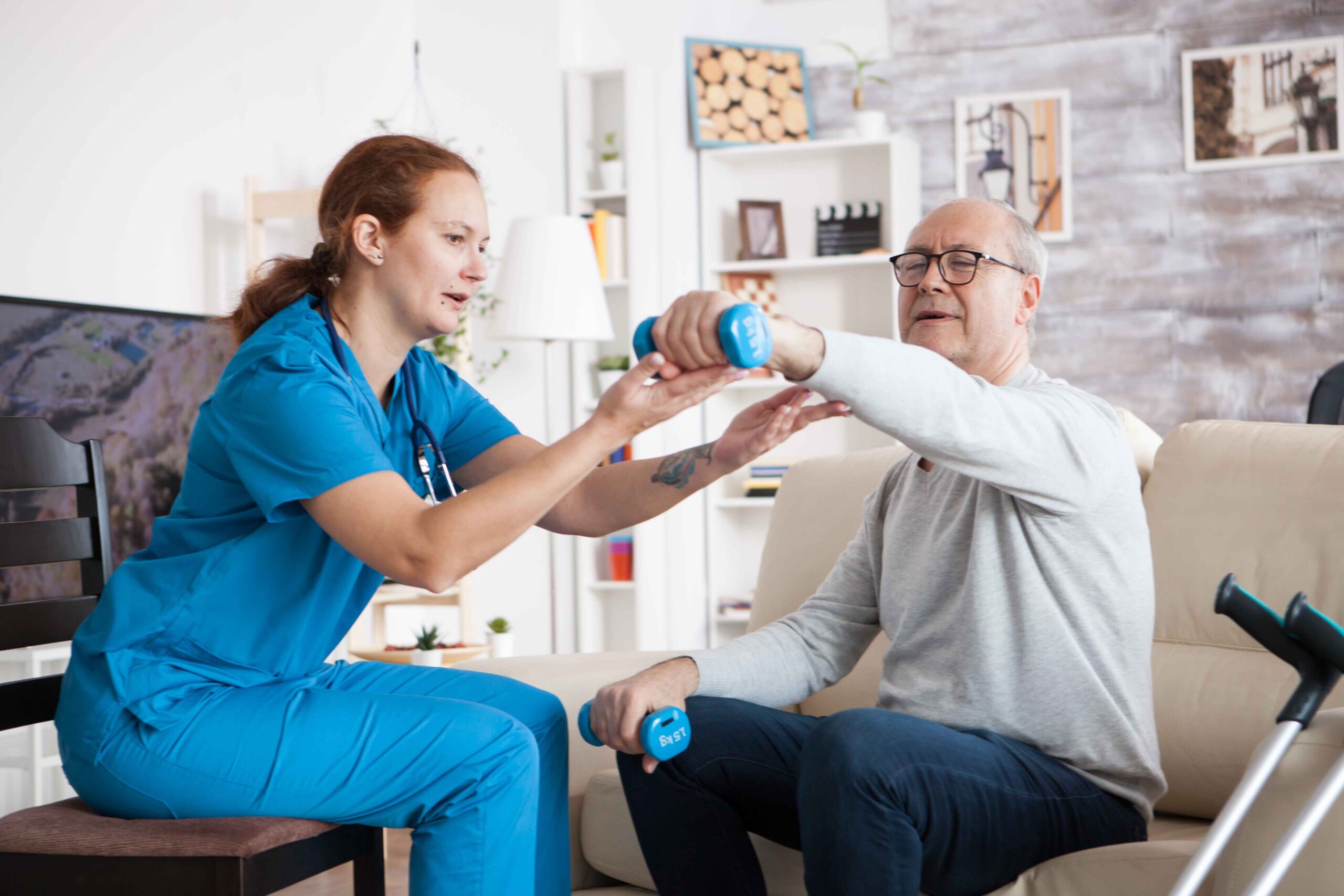Why physiotherapy and nutrition plays crucial role in stroke recovery
Stroke is one of the leading causes of long-term disability worldwide. While advances in medical treatment have improved survival rates, the journey to recovery largely depends on rehabilitation and lifestyle management. Among all strategies, physiotherapy and nutrition stand out as two of the most powerful tools for restoring independence, preventing complications, and improving quality of life.
Why Rehabilitation Matters After Stroke
A stroke can damage the brain areas responsible for movement, speech, swallowing, and even basic daily activities. Without structured rehabilitation, patients may face:
* Muscle weakness and stiffness (spasticity)
* Loss of balance and coordination
* Difficulty in walking, speaking, or swallowing
* High risk of malnutrition and secondary health problems
Research shows that *early, structured rehabilitation improves both survival and functional recovery* (Langhorne et al., Lancet, 2011).
1. Physiotherapy in Stroke Recovery
a) Restoring Movement and Independence
Task-specific training (walking, standing, transfers) helps rewire the brain through neuroplasticity.
Strength and balance exercises improve mobility and reduce fall risk.
Constraint-induced movement therapy encourages use of the weaker side, accelerating recovery.
Evidence: Systematic reviews confirm that physiotherapy-based exercise improves motor recovery and functional independence after stroke (Pollock et al., Cochrane Review, 2014).
b) Preventing Complications
* Early mobilization reduces risks of bedsores, pneumonia, blood clots, and joint stiffness.
* Regular stretching and positioning techniques manage spasticity.
*Evidence:* Early mobilization in stroke units reduces disability and increases chances of returning home (Langhorne et al., Stroke, 2007).
c) Improving Quality of Life
Physiotherapists also train patients in daily activities—climbing stairs, dressing, or using assistive devices—restoring confidence and independence.
2. Nutrition in Stroke Recovery
Nutrition is often overlooked, but it is crucial for healing, brain health, and preventing another stroke.
a) Preventing Malnutrition and Supporting Healing
* Up to *60% of stroke patients are malnourished*, especially those with swallowing difficulties (dysphagia).
* Malnutrition delays wound healing, increases infection risk, and slows recovery.
* A balanced diet with adequate *protein, vitamins (B12, D), minerals (calcium, magnesium, zinc), and antioxidants* is essential for muscle repair and nerve healing.
Evidence: Malnutrition in stroke patients is linked to higher mortality and poorer rehabilitation outcomes (Foley et al., Journal of Human Nutrition and Dietetics, 2009).
b) Managing Risk Factors for Secondary Stroke
* Nutrition plays a key role in controlling blood pressure, cholesterol, diabetes, and weight —all critical for preventing recurrent strokes.
* Diet patterns like the *DASH diet* (Dietary Approaches to Stop Hypertension) and the Mediterranean diet are proven to lower cardiovascular risk.
Evidence: The Mediterranean diet reduces the risk of recurrent stroke and cardiovascular events by 30% (Estruch et al., New England Journal of Medicine, 2013).
c) Supporting Brain Function and Neuroplasticity
* Omega-3 fatty acids (fish, flaxseed, walnuts) support brain repair.
* Antioxidants (berries, leafy greens) protect neurons from oxidative stress.
* Adequate hydration improves alertness and cognitive function.
3. Physiotherapy + Nutrition: A Powerful Combination
Stroke recovery is fastest and most effective when physiotherapy and nutrition are combined:
* Physiotherapy rebuilds strength, movement, and independence.
* Nutrition provides the fuel and building blocks for healing and brain recovery.
* Together, they reduce the risk of secondary complications, re-hospitalization, and depression.
Holistic Care Model: Many modern stroke rehabilitation programs now include physiotherapists, dietitians, occupational therapists, and psychologists, working as a team for optimal recovery.
Final Thoughts
Stroke is a life-changing event, but with *timely physiotherapy and proper nutrition*, patients can regain independence, improve quality of life, and reduce the risk of another stroke.
* Physiotherapy helps restore movement, prevents complications, and enhances neuroplasticity.
* Nutrition prevents malnutrition, manages risk factors, and supports brain healing.
* Together, they form the backbone of effective stroke rehabilitation.
👉 Investing in both physical rehabilitation and nutritional care is not just about recovery—it’s about rebuilding life after stroke.
For more information Call
Call Now

